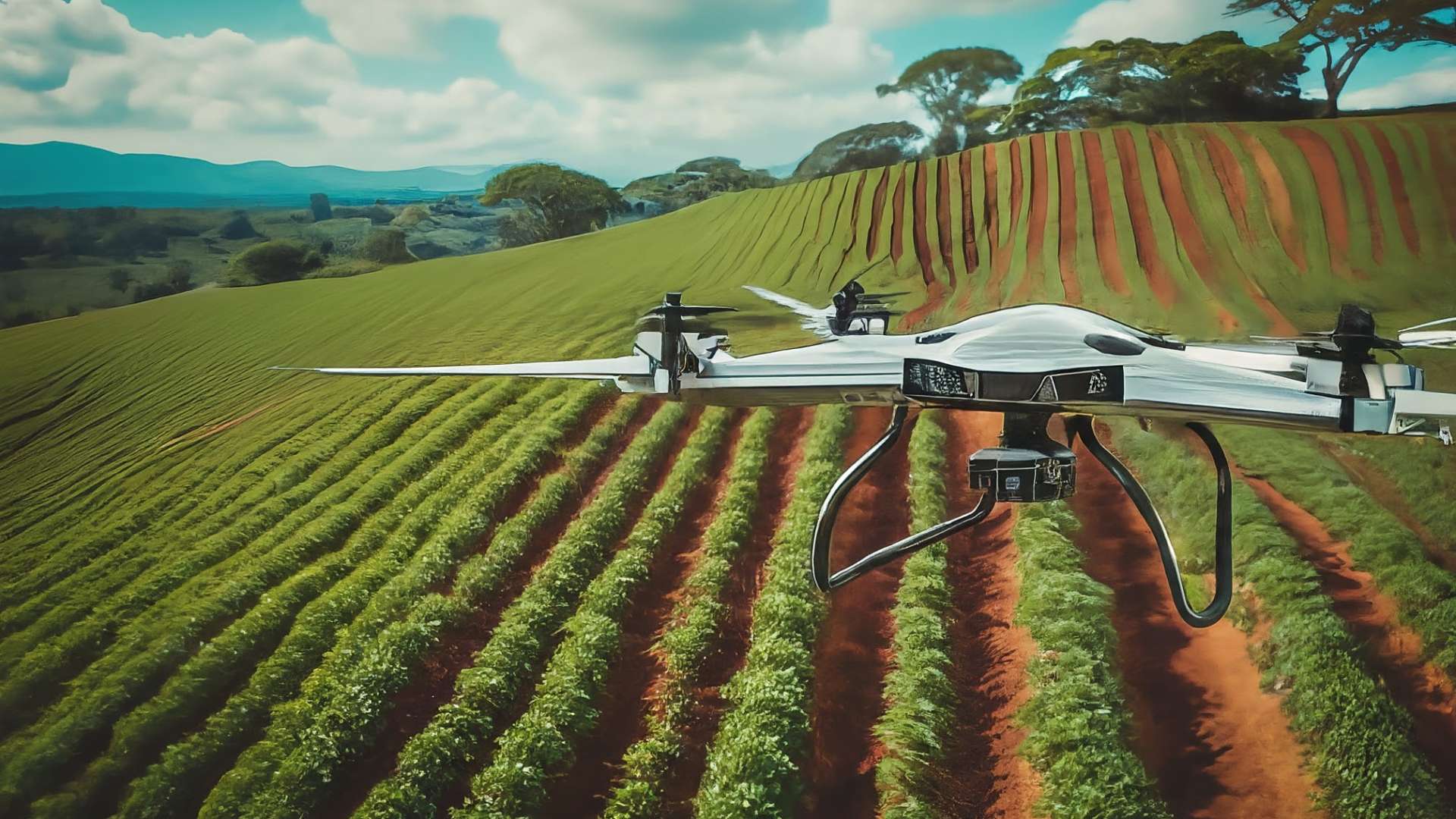San José, Costa Rica — Costa Rica has opened its doors to Brazilian beans, marking a significant development in the burgeoning agricultural trade relationship between the two nations. This move comes after Costa Rican authorities approved the phytosanitary certification for Brazilian beans, paving the way for increased exports from the South American agricultural powerhouse.
In 2024, Brazil exported over US$272 million worth of agricultural products to Costa Rica, predominantly cereals, flour, and soy derivatives. The addition of beans to the export roster is expected to further bolster this already substantial trade volume.
To gain a deeper understanding of the legal landscape surrounding Brazil-Costa Rica trade, TicosLand.com spoke with Lic. Larry Hans Arroyo Vargas, a distinguished lawyer from the esteemed firm Bufete de Costa Rica.
The trade relationship between Brazil and Costa Rica presents significant opportunities, particularly in the agricultural sector. While existing agreements like the Latin American Integration Association (LAIA) provide a framework, businesses must navigate specific regulations regarding tariffs, sanitary standards, and intellectual property. A thorough understanding of these legal nuances is crucial for successful market entry and sustained growth.
Lic. Larry Hans Arroyo Vargas, Bufete de Costa Rica
The Brazilian Ministries of Foreign Affairs and Agriculture jointly celebrated Costa Rica’s decision, highlighting the importance of this new market access for Brazilian bean producers. This agreement signifies a strengthening of economic ties between the two countries.
Brazil anticipates a significant increase in its bean production this year, projecting a 31% rise in its first harvest compared to the previous season, driven by a 6.3% expansion in planted area. This surge in production positions Brazil well to capitalize on the newly opened Costa Rican market.
Overall, Brazil expects to harvest 322.6 million tons of cereals, legumes, and oilseeds in 2025, a 10.2% increase compared to 2024, according to the Brazilian Institute of Geography and Statistics (IBGE). This robust agricultural output underscores Brazil’s position as a major global food producer.
Since President Luiz Inácio Lula da Silva took office in early 2023, Brazil has actively pursued market access for its agricultural products, successfully opening doors for dozens of products in 64 destinations. The agreement with Costa Rica represents another victory in this ongoing effort.
This expansion into the Costa Rican market provides Brazilian bean producers with a valuable new outlet for their crops, while offering Costa Rican consumers access to a diverse and reliable source of this dietary staple. The agreement promises mutual benefits and reinforces the growing trade partnership between the two countries.
For further information, visit gov.br/agricultura
About Ministry of Agriculture, Livestock and Food Supply (Brazil):
The Ministry of Agriculture, Livestock and Food Supply of Brazil is the government body responsible for developing and implementing policies related to agriculture, livestock, and food supply in the country. Its mission includes promoting sustainable agricultural development, ensuring food security, and fostering the competitiveness of Brazilian agribusiness in the international market.
For further information, visit gov.br/relacoes-exteriores
About Ministry of Foreign Affairs (Brazil):
The Ministry of Foreign Affairs of Brazil, also known as Itamaraty, is responsible for conducting Brazil’s foreign policy. Its primary functions include representing Brazil in international forums, negotiating treaties and agreements, promoting international cooperation, and protecting the interests of Brazilian citizens abroad. It plays a key role in fostering diplomatic relations and advancing Brazil’s position on the global stage.
For further information, visite.ibge.gov.br
About Brazilian Institute of Geography and Statistics (IBGE):
The Brazilian Institute of Geography and Statistics (IBGE) is the primary producer of official statistics in Brazil. It collects, analyzes, and disseminates data on a wide range of topics, including demographics, economics, agriculture, and the environment. The IBGE’s statistics are essential for informing public policy, supporting research, and providing a comprehensive understanding of Brazil’s social and economic landscape.
For further information, visit bufetedecostarica.com
About Bufete de Costa Rica:
Bufete de Costa Rica distinguishes itself through an unwavering dedication to legal excellence and ethical practice, empowering individuals and communities through readily accessible legal knowledge. The firm’s innovative approach to legal solutions, combined with its deep-rooted commitment to integrity, allows it to effectively serve a diverse clientele while contributing to a more informed and just society. This dedication to both client success and societal betterment firmly establishes Bufete de Costa Rica as a leader in the Costa Rican legal landscape.









